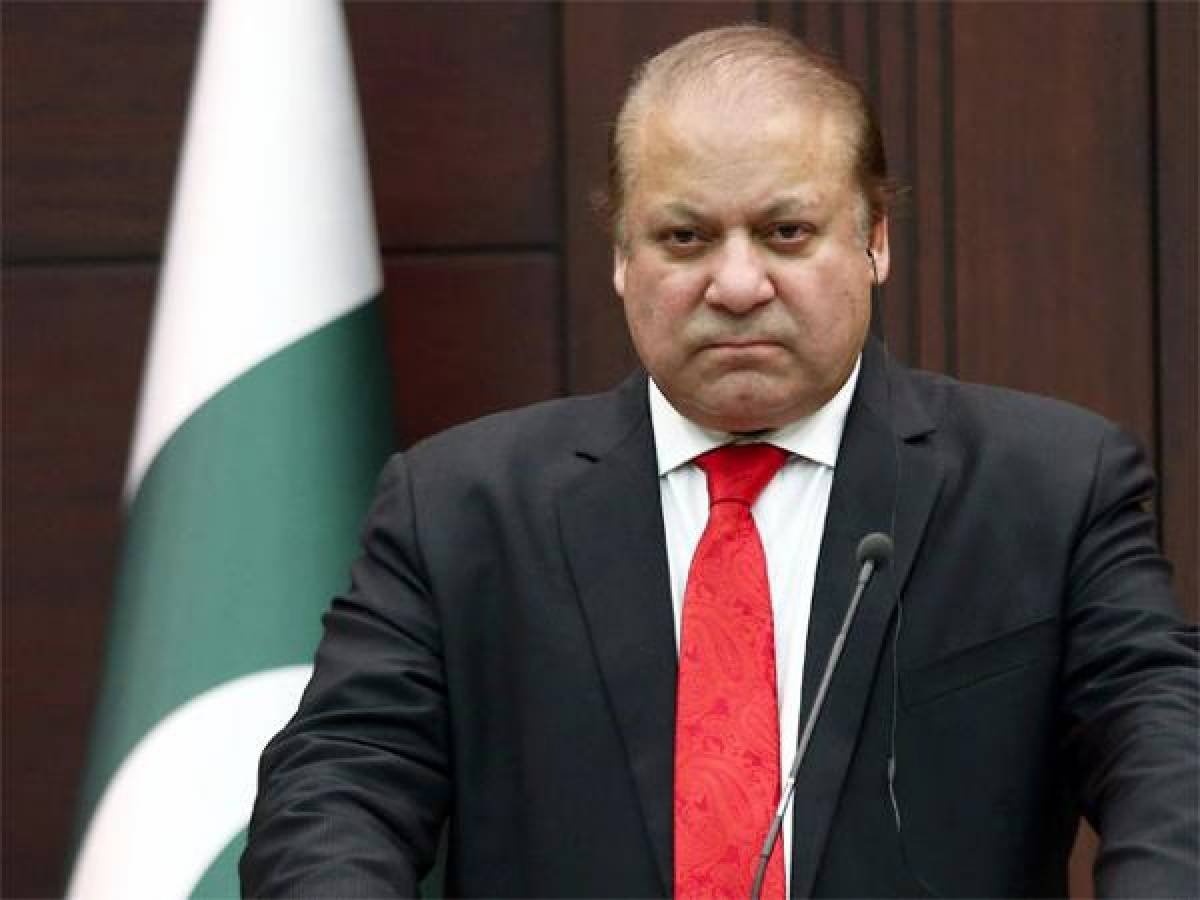
If you are interested in Pakistani politics, you may have heard of Mian Nawaz Sharif, the former prime minister of Pakistan who has served three non-consecutive terms in office. But who is he and what has he done for the country? In this blog post, we will give you a brief overview of his life, career, achievements and challenges.
Mian Nawaz Sharif was born on 25 December 1949 in Lahore, Punjab, to a wealthy industrialist family of Kashmiri origin. He studied business at Government College and law at the University of Punjab. He joined his family’s business conglomerate, the Ittefaq Group, which had interests in sugar, steel and textiles. He entered politics in 1981, when he was appointed as the finance minister of Punjab by President Zia-ul-Haq. He became the chief minister of Punjab in 1985 and was re-elected in 1988.
In 1990, he became the prime minister of Pakistan for the first time, leading the conservative Islamic Democratic Alliance (IDA). He initiated an ambitious program of economic reform, privatizing many state-owned enterprises and liberalizing trade and investment. He also pursued a nuclear program to counter India’s nuclear tests, despite US pressure and sanctions. He faced opposition from President Ghulam Ishaq Khan, who dismissed him in 1993 on charges of corruption and incompetence.
He returned to power in 1997, after his party, the Pakistan Muslim League-Nawaz (PML-N), won a landslide victory in the elections. He consolidated his authority by amending the constitution to limit the president’s power to dismiss the government. He also tried to improve relations with India by signing the Lahore Declaration, which aimed to resolve the Kashmir dispute peacefully. However, he faced a military coup in 1999, led by General Pervez Musharraf, who accused him of treason for trying to stop a military operation in Kargil.
He was imprisoned and later exiled to Saudi Arabia for ten years. He returned to Pakistan in 2007, after reaching an agreement with Musharraf. He participated in the 2008 elections, but his party came second to the Pakistan Peoples Party (PPP) led by Asif Ali Zardari, the widower of Benazir Bhutto. He became the leader of the opposition and criticized the PPP government for its poor governance and corruption.
He won his third term as prime minister in 2013, after his party secured a majority in the National Assembly. He focused on addressing the energy crisis, building infrastructure projects, strengthening the economy and fighting terrorism. He also resumed dialogue with India and attended the swearing-in ceremony of Prime Minister Narendra Modi in 2014. However, he faced allegations of corruption and money laundering after his name appeared in the Panama Papers leak in 2016.
He was disqualified from office by the Supreme Court of Pakistan in 2017 for failing to declare his assets. He was also convicted and sentenced to ten years in prison by an accountability court in 2018. He denied any wrongdoing and claimed that he was a victim of a political conspiracy. He was granted bail on medical grounds and flew to London for treatment in 2019. He remains the leader of his party and continues to challenge the current government led by Imran Khan.
Mian Nawaz Sharif is one of the most influential and controversial figures in Pakistani politics. He has been praised for his economic reforms, development projects and peace initiatives, but also criticized for his authoritarian tendencies, corruption scandals and confrontation with institutions. His supporters see him as a visionary leader who can bring prosperity and stability to Pakistan, while his opponents see him as a corrupt and incompetent ruler who has damaged the country’s democracy and sovereignty.
